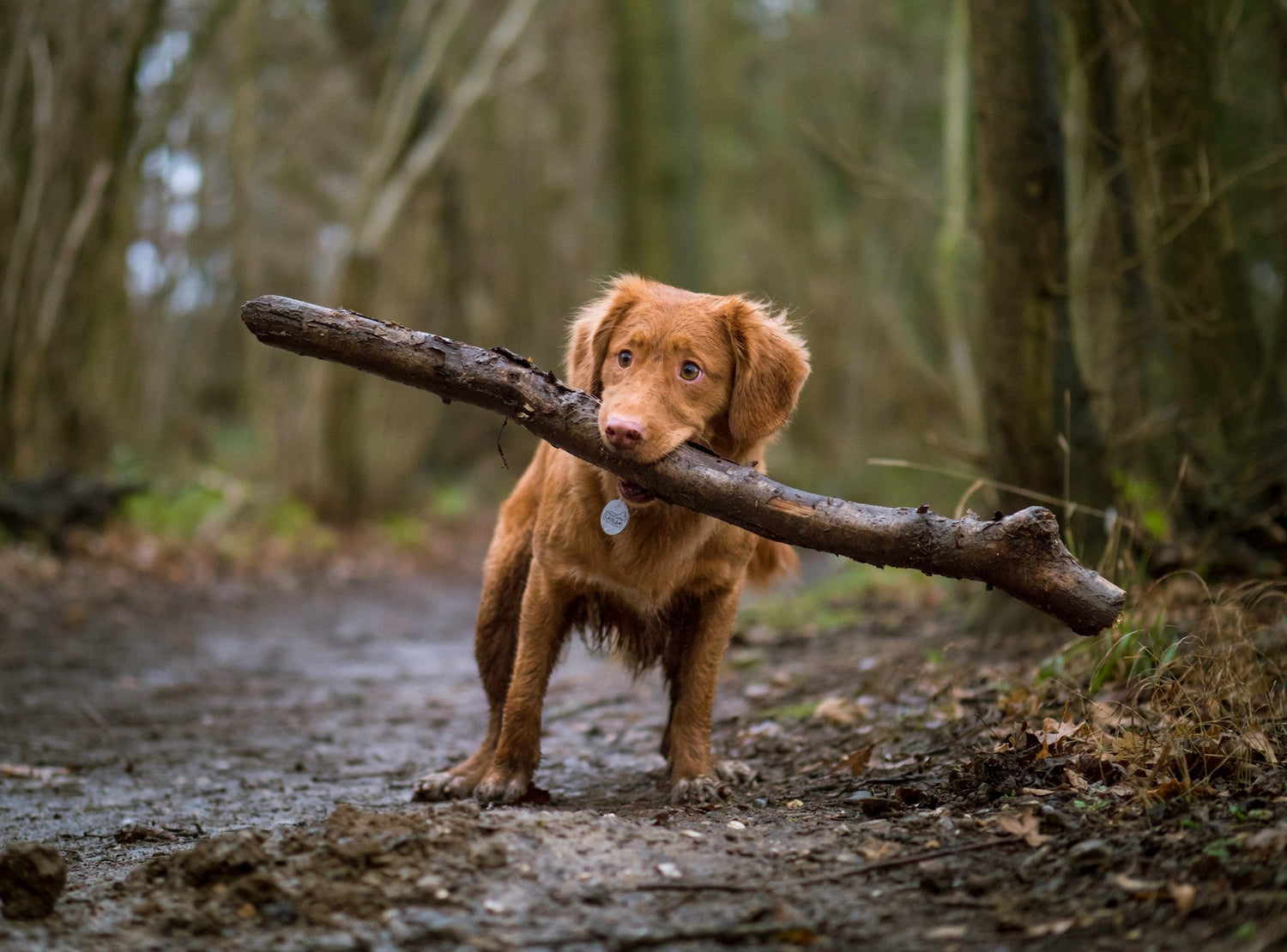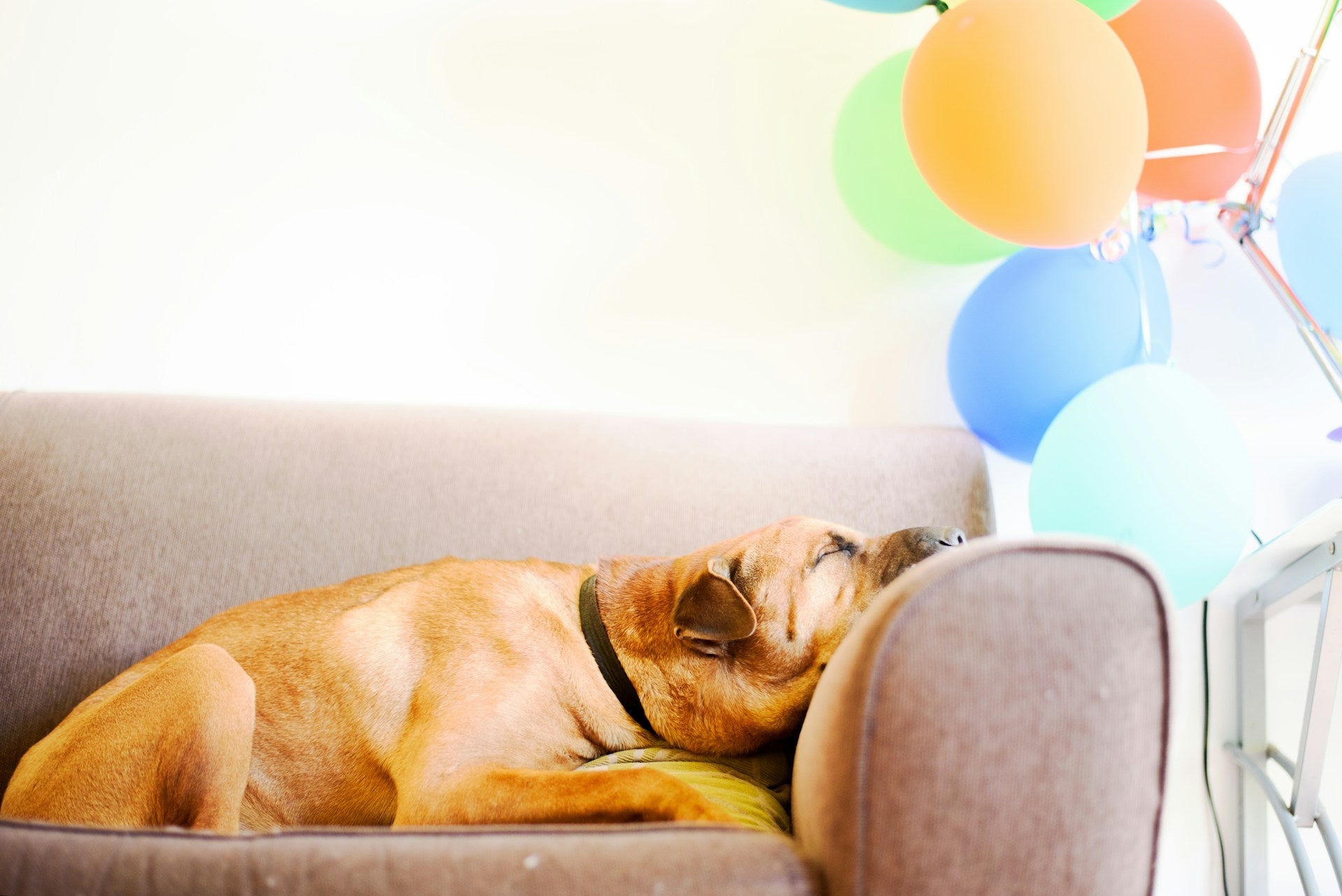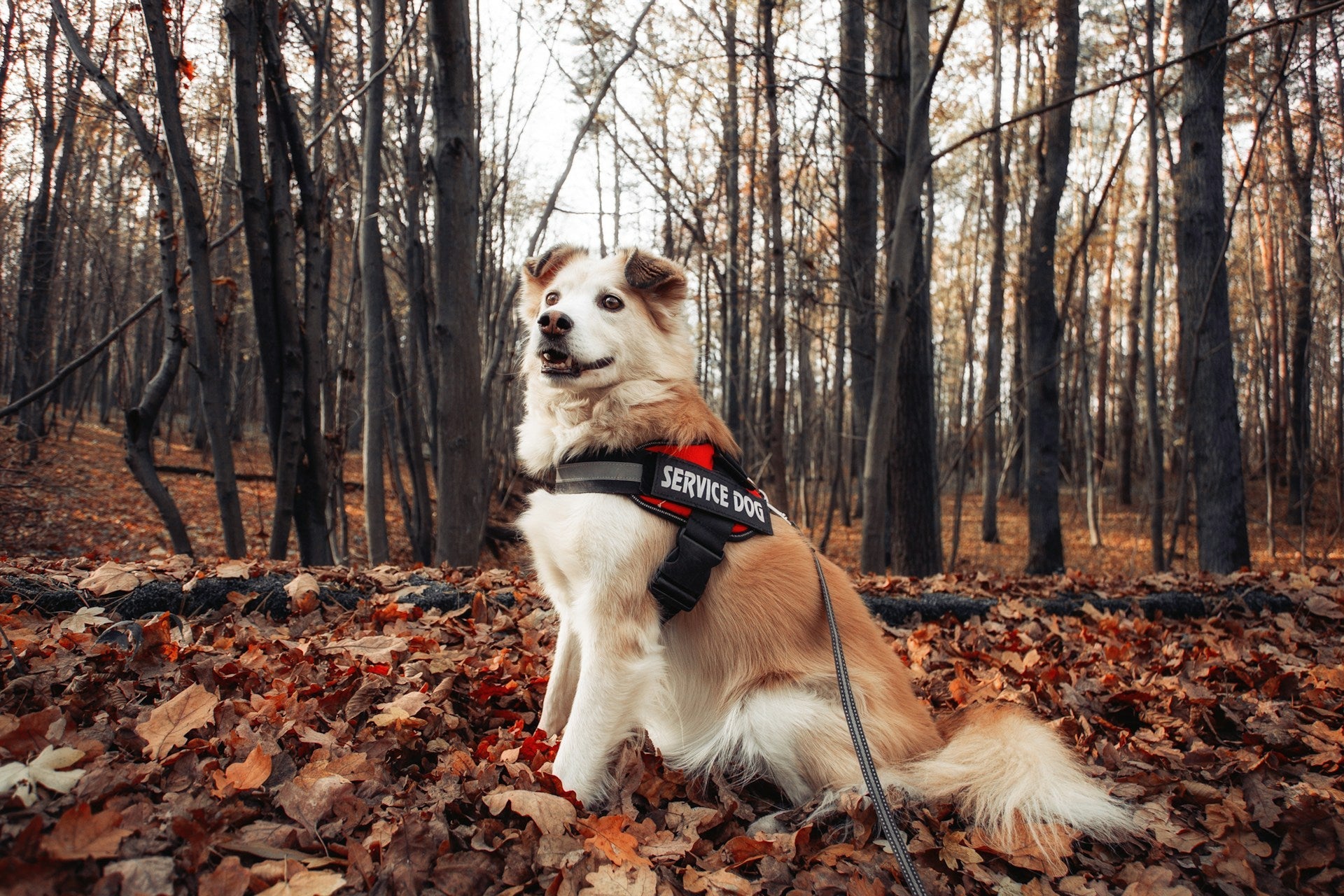Dog ownership comes with many joys, but let's be honest; dealing with stinky dog poop is rarely one of them. While no one enjoys the task, proper management and prevention can significantly minimize the odor and make the experience more bearable.
Diet Fuels Healthy Poop
Just as our own diets impact our bodily functions, a dog's diet plays a crucial role in the quality and odor of their stool.
Quality over Quantity
Opting for high-quality dog food is paramount. Look for brands with named protein sources. Chicken, beef, fish—specific sources are preferable to vague terms like "meat meal." Your pup’s food should also have healthy fats. Sources like fish oil or flaxseed provide essential fatty acids that support overall health, including digestive function.
Avoid foods laden with excessive amounts of filler, such as corn, wheat, or soy, which can be poorly digested by some dogs and contribute to looser stools. Introducing probiotics and prebiotics to your dog's diet can work wonders. Probiotics introduce beneficial bacteria to the gut, while prebiotics act as food for these beneficial bacteria, fostering a healthier gut microbiome. This improved gut health can translate to more solid and less pungent stools.
Treats in Moderation
While treats are a beloved part of the dog-owner relationship, excessive treats, especially those high in sugar or fat, can upset your dog's stomach and lead to smellier poops. Limit treats to a small portion of their daily caloric intake and opt for healthy alternatives like small pieces of fruit or vegetables.
The Key to Smooth Sailing is Hydration
Adequate hydration is essential for overall health, including digestive function. Ensure your dog has constant access to fresh, clean water throughout the day. Dehydration can lead to harder stools, making them more difficult to pass and potentially increasing odor.
Exercise to Move Things Along
Regular physical activity is not only beneficial for your dog's physical and mental well-being but also plays a crucial role in maintaining a healthy digestive system. Aim for at least two daily walks to keep your dog moving and their digestive system functioning optimally.
Parasite Prevention
Internal parasites can wreak havoc on your dog's digestive system, leading to loose stools, increased odor, and even more serious health issues. Consult your veterinarian for a recommended deworming schedule based on your dog's age, breed, and lifestyle.
Poop Pickup and Disposal
Prompt and proper poop pickup and disposal are essential for maintaining a clean and odor-free environment. Pick up dog poop as soon as possible. Leaving it exposed to the sun can cause it to bake and intensify the odor. Use sealed plastic bags for proper disposal and place them in designated trash receptacles.
Odor Control Strategies and Yard Care
If your dog frequently relieves themselves in your yard, there are steps you can take to minimize odors. Utilize enzyme-based cleaners specifically designed to break down the organic matter in stinky dog poop and eliminate odors. Consider covering areas where your dog frequently defecates with pea gravel, wood chips, or other materials that are easier to clean.
When to Consult Your Veterinarian
While these tips can significantly improve the situation, it's crucial to consult your veterinarian if you notice sudden changes in stool consistency, such as diarrhea, constipation, or the presence of blood in the stool. Another sudden change is unusual odors, specifically extremely foul or pungent odors that are not typical for your dog. Any changes in appetite or energy levels should raise the alarm as these could indicate an underlying health issue.
Beyond the Basics
Understanding the composition of dog poop can provide valuable insights into your dog's overall health. Ideally, dog poop should be firm but not hard, and it should hold its shape but not be difficult to pick up. It should be dark brown in color, as this generally indicates healthy digestion. Lastly, worms or other parasites should not be visible in your dog’s stool.
Making Poop Pickup a Breeze
By implementing these strategies, you can significantly minimize the odor and hassle associated with stinky dog poop. From dietary adjustments to regular exercise, these tips empower you to maintain a clean and healthy environment for both your dog and yourself.
For the ultimate in convenient and odor-free poop disposal, consider the Paw Pail. This innovative system makes picking up after your dog a breeze, keeping your hands clean and your home smelling fresh. Paw Pail offers a hygienic and discreet solution for storing and transporting dog waste, making the unpleasant task of poop pickup much more manageable.



